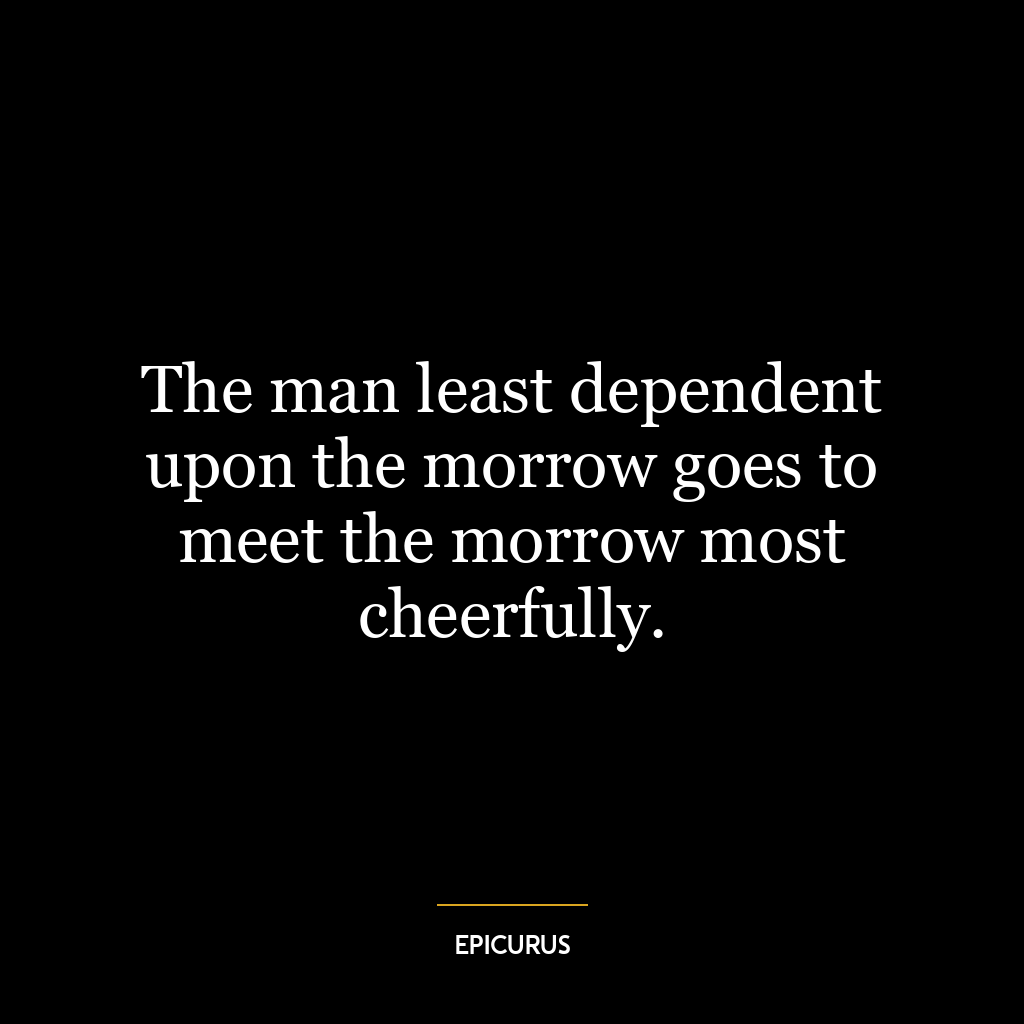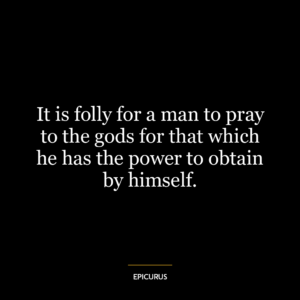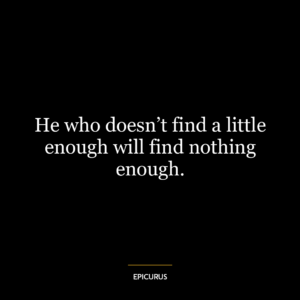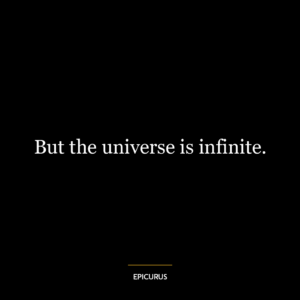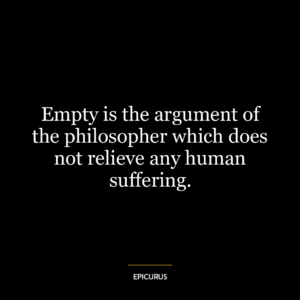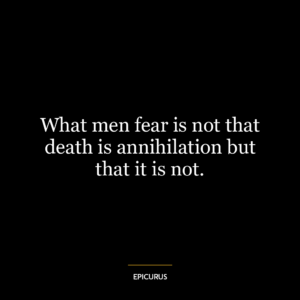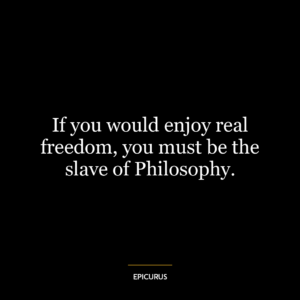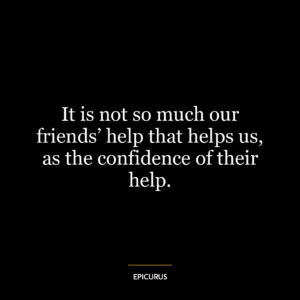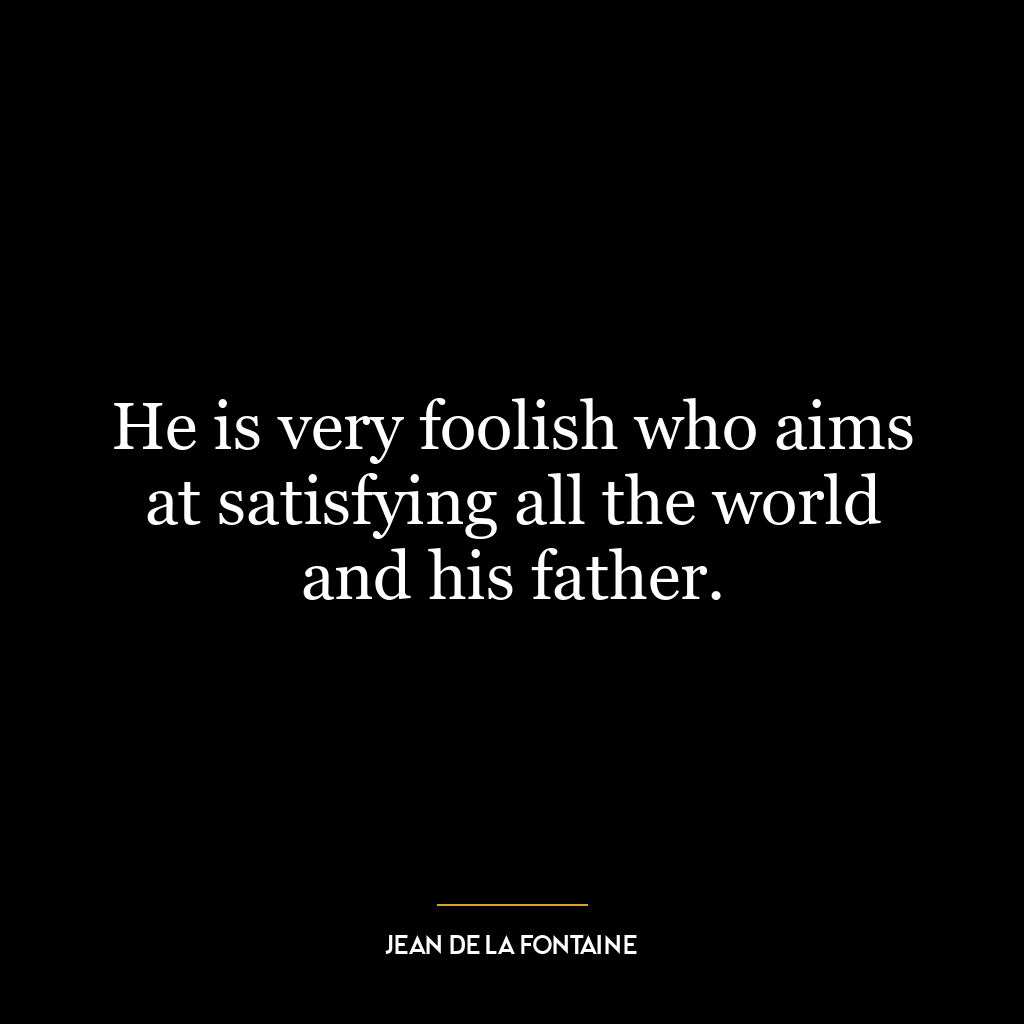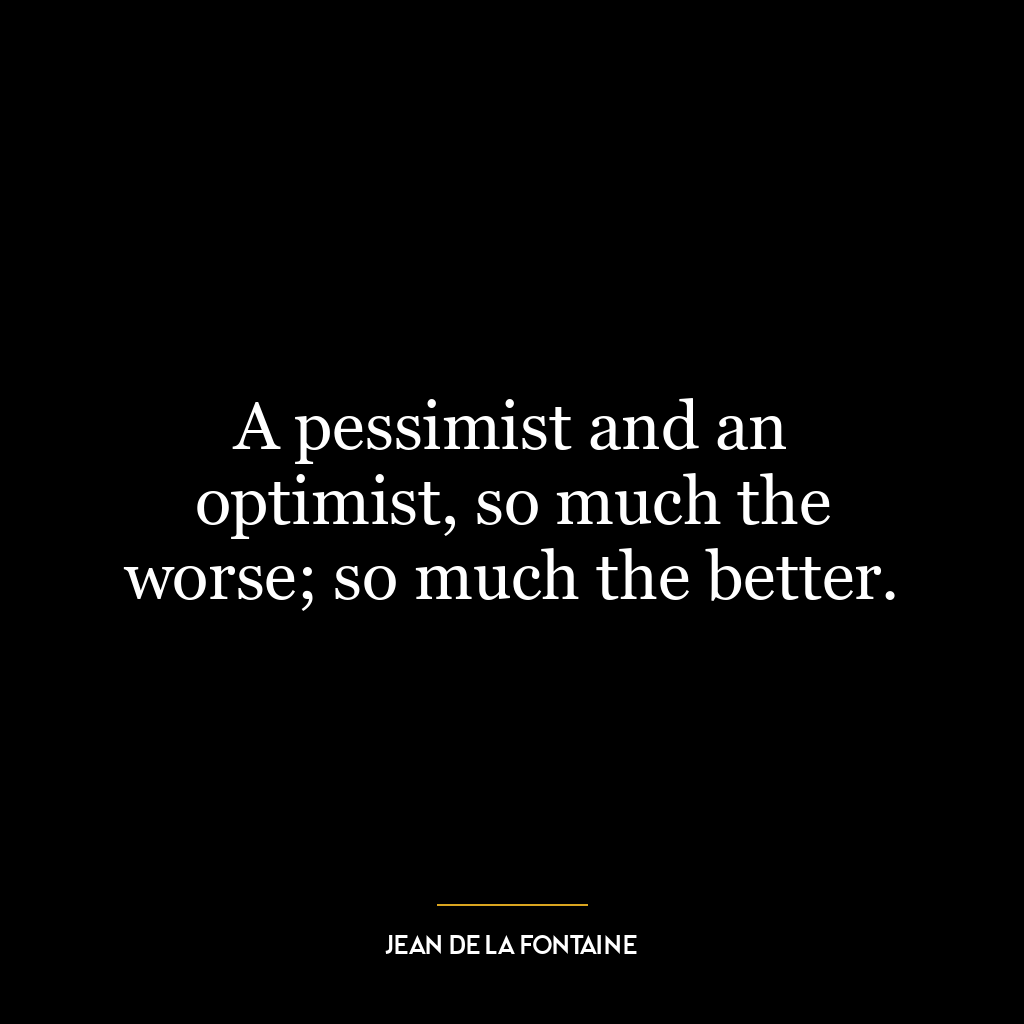The man least dependent upon the morrow goes to meet the morrow most cheerfully.
This quote suggests that the individual who is least dependent on what the future may bring is the one who can greet the future with the most positivity and enthusiasm. It implies that the less we rely on the uncertainties of tomorrow, the more content and cheerful we are in the present moment. Independence from the future, in this context, means not being overly concerned with or anxious about what may come next, but rather focusing on the now.
This philosophy can be applied to modern life and personal development in several ways. In today’s fast-paced society, we often find ourselves worried about the future. We stress about our careers, financial stability, relationships, and a myriad of other future-oriented concerns. This constant worry about what’s next can lead to anxiety and prevent us from fully enjoying the present moment.
By adopting the mindset suggested in the quote, we can learn to detach ourselves from the uncertainties of the future and instead focus on the present. This doesn’t mean we should not plan for the future or set goals, but rather that we should not let these future-oriented thoughts and concerns dominate our lives and rob us of the joy of living in the moment.
From a personal development perspective, this philosophy encourages us to become more resilient and adaptable. By not being overly dependent on specific outcomes, we become more open to new experiences and opportunities. We are more willing to take risks and less afraid of failure, as we understand that our happiness and contentment are not tied to the achievement of specific goals or the avoidance of particular outcomes.
In essence, this quote encourages us to embrace uncertainty and to find joy and contentment in the present moment, rather than constantly looking ahead to the future with anxiety and trepidation. This mindset can lead to a more fulfilling, content, and joyful life.

